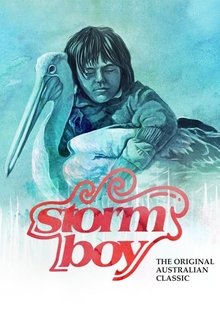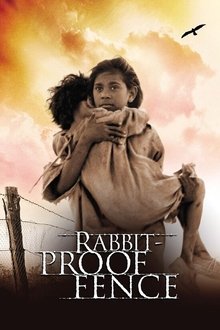Blackfella Charlie is getting older, and he's out of sorts. The intervention is making life more difficult on his remote community, what with the proper policing of whitefella laws that don't generally make much sense, and Charlie's kin and ken seeming more interested in going along with things than doing anything about it. So Charlie takes off, to live the old way, but in doing so sets off a chain of events in his life that has him return to his community chastened, and somewhat the wiser.
Related Movies
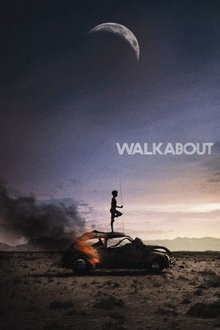
Walkabout (1971)
Under the pretense of having a picnic, a geologist takes his teenage daughter and 6-year-old son into the Australian outback and attempts to shoot them. When he fails, he turns the gun on himself, and the two city-bred children must contend with harsh wilderness alone. They are saved by a chance encounter with an Aboriginal boy who shows them how to survive, and in the process underscores the disharmony between nature and modern life.
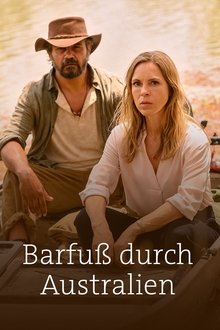
Barfuß durch Australien (2023)
Svenja and her 16-year-old daughter Kira have traveled the world a lot. Svenja is a hotel manager and is currently bringing an aging hotel in Australia back into shape. But her biggest challenge is her daughter, who has switched to complete refusal and doesn't let Svenja tell her anything anymore. Kira doesn't avoid confrontations at school either, which in turn leads to conflicts with Svenja. After another argument, Kira decides to go to Jack. Jack is Aboriginal and Kira's only friend. Together, the two young people go in search of their “special place”, their own particular locality. Svenja is beside herself with worry when she notices Kira's disappearance and gives chase with Jack's father Kalti, a deeply relaxed hotel boat guide whom Svenja had released two days earlier. An adventurous journey begins in the barren deserted Outback - for Svenja and Kira a strange world, fascinating, but also life-threatening!
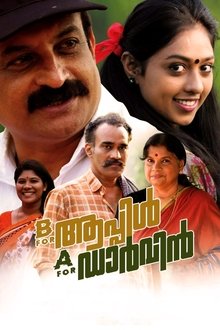
B For Apple A For Darwin (2022)
Literacy refers to the ability to read, write, and use language effectively. It is an important skill that enables people to communicate, learn, and participate fully in their communities.
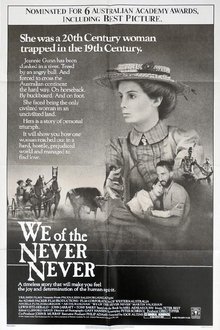
We of the Never Never (1982)
Based on the well-loved Australian classic by Mrs. Aeneas Gunn, this is the remarkable true story of Jeannie Gunn, a woman who fought to overcome sexual and racial prejudice amid the harsh beauties of the outback. Leaving her Melbourne existence for a new life on her husband's isolated ranch, Jeannie's feisty, good-natured attitude soon wins over the misogynistic stockmen, but she faces a much tougher challenge in trying to change their racist attitudes towards the indigenous aboriginal population.
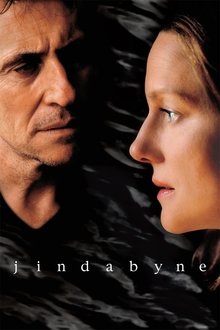
Jindabyne (2006)
Outside the Australian town of Jindabyne, local man Stuart Kane is on a fishing trip with friends when they discover the body of a murdered girl.
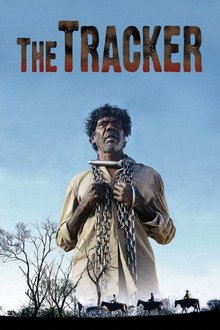
The Tracker (2002)
Somewhere in Australia in the early 20th century outback, an Aboriginal man is accused of murdering a white woman. Three white men are on a mission to capture him with the help of an experienced Indigenous man.
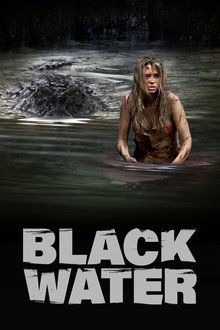
Black Water (2008)
Based on true events, Grace, her boyfriend Adam, and her younger sister, Lee, are on holiday in Northern Australia when they decide to take a tour down a river. As they drift into a swamp, their boat suddenly capsizes. Stranded in the flooded swamp, the three tourists must figure out what to do to survive as they realize they are being watched through the black water.
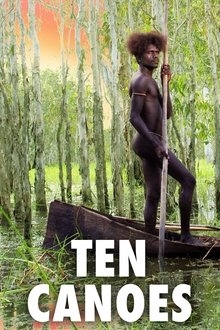
Ten Canoes (2006)
A story within a story within a story. In Australia's Northern Territory, an Aboriginal narrator tells a story about his ancestors on a goose hunt. A youngster on the hunt is being tempted to adultery with his elder brother's wife, so an elder tells him a story from the mythical past about how evil can slip in and cause havoc unless prevented by virtue according to customary tribal law.
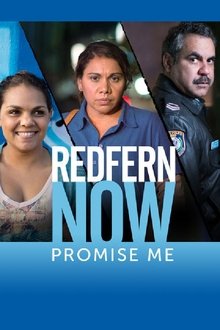
Redfern Now: Promise Me (2015)
Two young women are raped on their way home. The story follows the lives of both women and the different ways they deal with the crime.
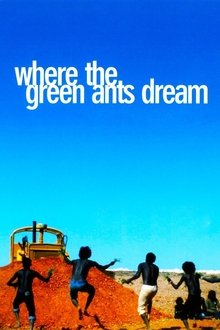
Where the Green Ants Dream (1984)
The Australian Aborigines (in this film anyway) believe that this is the place where the green ants go to dream, and that if their dreams are disturbed, it will bring down disaster on us all. The Aborigines' belief is not shared by a giant mining company, which wants to tear open the soil and search for uranium.
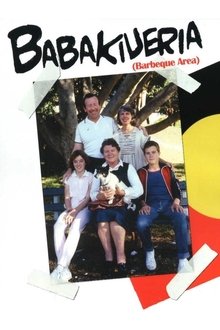
BabaKiueria (1986)
Imagine what it would be like if black settlers arrived to settle a continent inhabited by white natives? In 1788, the first white settlers arrived in Botany Bay to begin the process of white colonisation of Australia. But in Babakiueria, the roles are reversed in a delightful and light-hearted look at colonisation of a different kind. This satirical examination of black-white relations in Australia first screened on ABC TV in 1986 to widespread acclaim with both critics and audiences alike. This is the story of the fictitious land of Babakiueria, where white people are the minority and must obey black laws. Aboriginal actors Michelle Torres and Bob Maza (Heartland) and supported by a number of familiar faces from the time, including Cecily Polson (E-Street) and Tony Barry, who starred in major ABC-TV hits such as I Can Jump Puddles and his Penguin award-winning Scales of Justice. Babakiueria was awarded the United Nations Media Peace Prize in 1987.
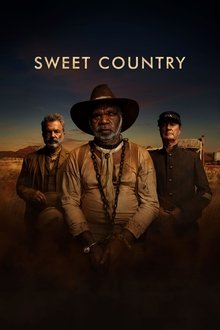
Sweet Country (2018)
In 1929, an Australian Aboriginal stockman kills a white station owner in self-defense and goes on the lam, pursued by a posse.
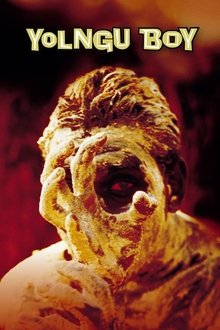
Yolngu Boy (2001)
After committing a crime for which he is likely to be jailed, a Yolngu teenager convinces two of his childhood friends to join him on a journey from North East Arnhem Land to Darwin to seek help from a tribal leader.
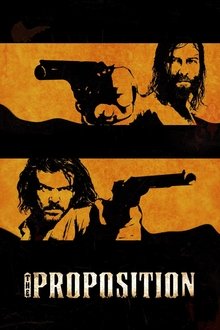
The Proposition (2005)
In 1880s Australia, a lawman offers renegade Charlie Burns a difficult choice. In order to save his younger brother from the gallows, Charlie must hunt down and kill his older brother, who is wanted for rape and murder. Venturing into one of the Outback's most inhospitable regions, Charlie faces a terrible moral dilemma that can end only in violence.
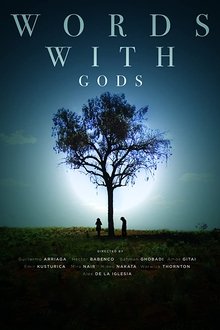
Words with Gods (2014)
The first of four installments in the groundbreaking Heartbeat of the World anthology film series. Comprised of several short films by some of the world's most exciting directors, Words with Gods follows the theme of religion - specifically as it relates to an individual's relationship with his/her god or gods...or the lack thereof. In Words with Gods, each director recounts a narrative centered around human fragility, as well as environmental and cultural crises involving specific religions with which each has a personal relationship; including early Aboriginal Spirituality, Umbanda, Buddhism, the Abrahamic faiths, Hinduism, and Atheism. An animated sequence by Mexican animator Maribel Martinez is woven through each of the film segments, with each segment narratively connected as a feature-length film.
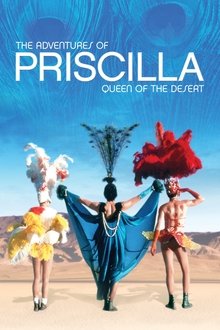
The Adventures of Priscilla, Queen of the Desert (1994)
Two drag performers and a transgender woman travel across the desert to perform their unique style of cabaret.

Australian Rules (2002)
16-year-old Gary Black is an average football player, budding wordsmith and reluctant hero. Gry helps his local Australian Rules football team win the local championship by accident, but celebrations turn to violence when Gary's Aboriginal best friend, Dumby Red is denied the "Best and Fairest" medal because of the racism of local officials.

